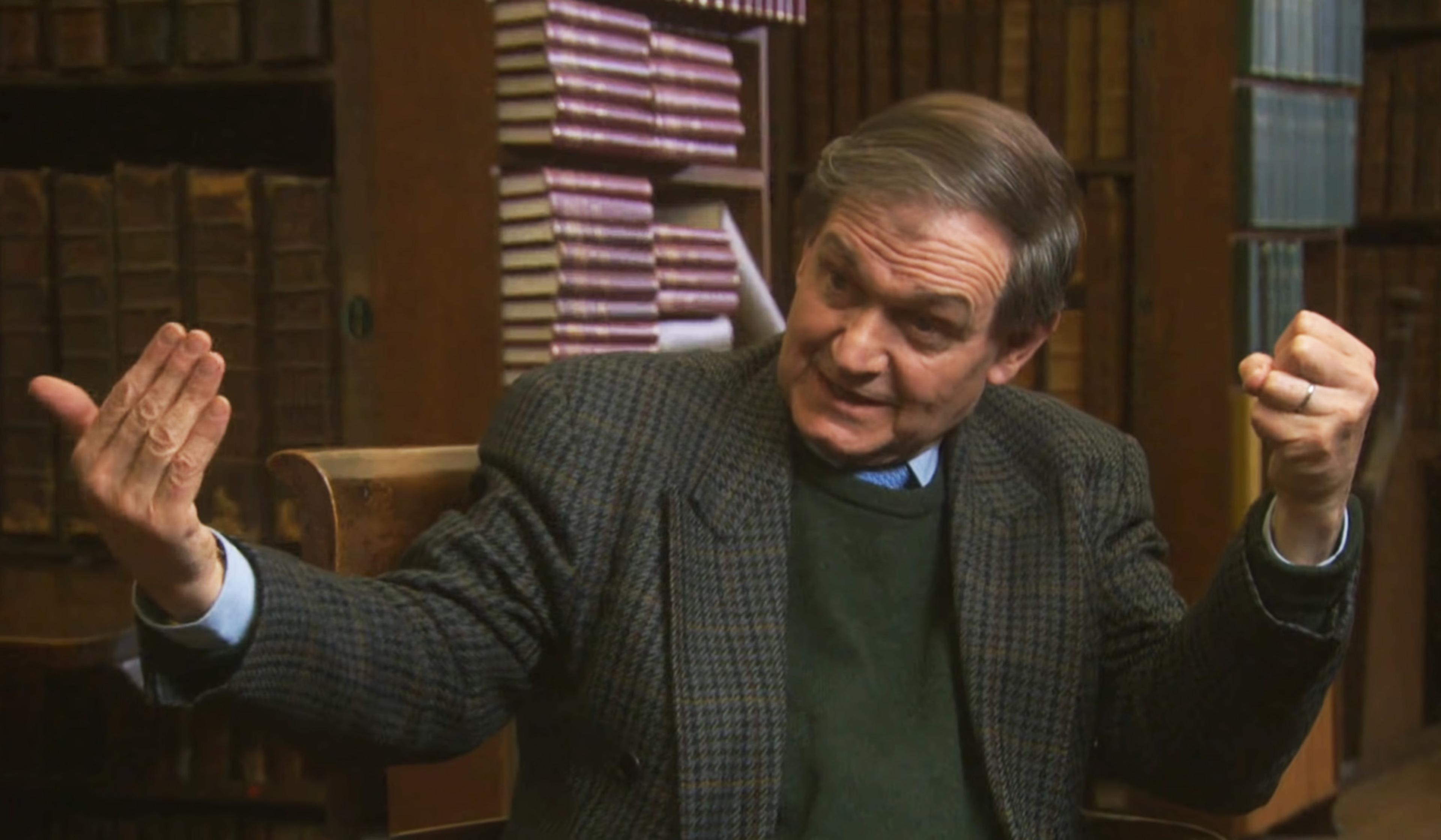Are you a person existing within a vast universe, or a brain formed spontaneously in a void, hallucinating this very moment? Your experience would almost certainly lead you to believe the former. However, since cosmologists building on the work of the Austrian physicist Ludwig Eduard Boltzmann (1844-1906) suggested that the latter is actually far more likely, it’s created a complex puzzle for logicians, cosmologists and philosophers to try and untangle. Taking viewers on a mind-bending jaunt through modern cosmology, this brief animation from TED-Ed explains why the ‘Boltzmann brain paradox’ was born, the arguments some thinkers use to counter it, and why it’s a useful thought experiment, even if you didn’t just pop into existence to contemplate a thermodynamic puzzle.
Is it more likely you’re a person with a past, or an ephemeral brain in a void?
6 October 2022

videoCosmology
Tiny, entangled universes that form or fizzle out – a theory of the quantum multiverse
11 minutes
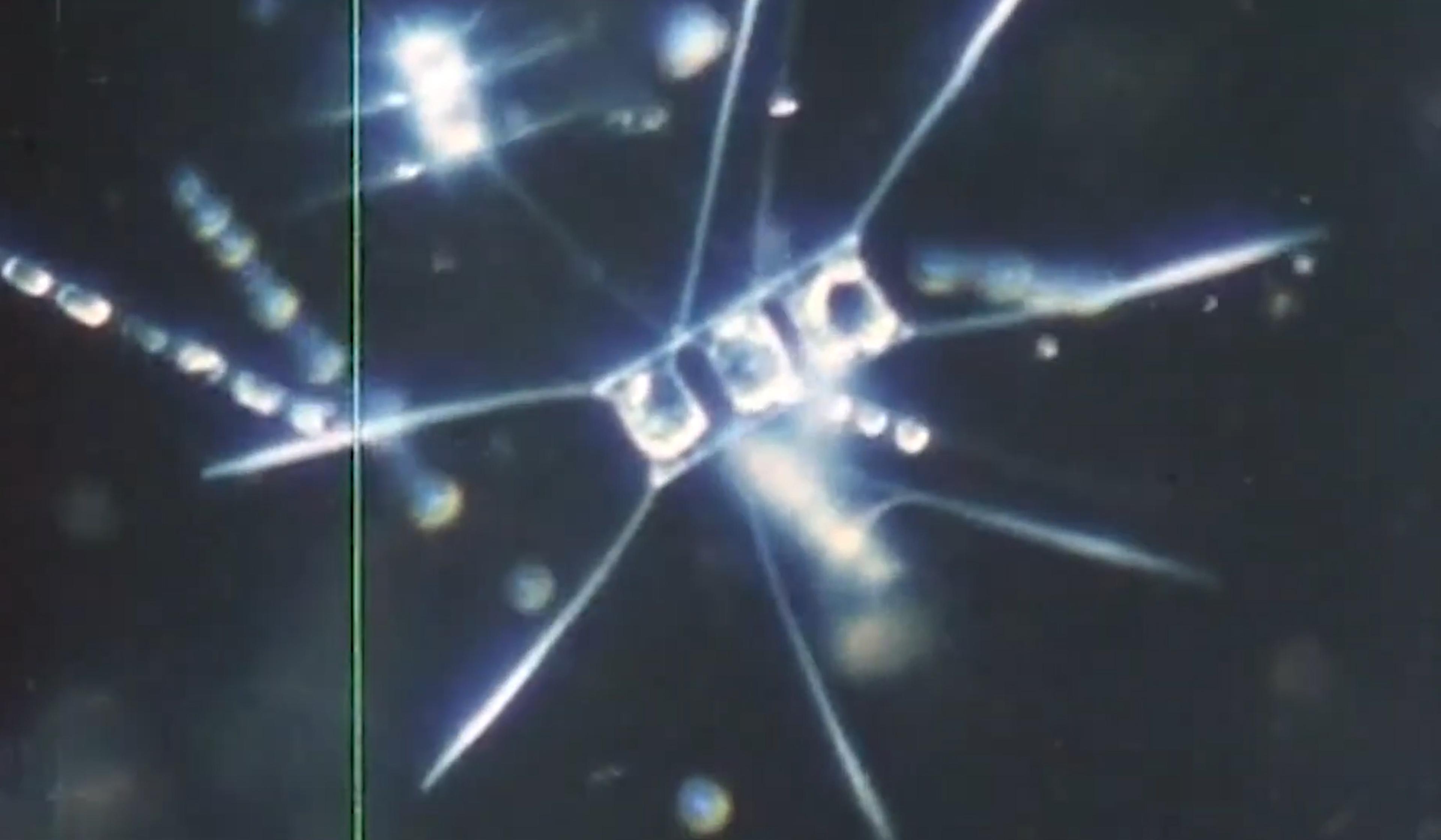
videoMetaphysics
Simple entities in universal harmony – Leibniz’s evocative perspective on reality
4 minutes

videoPhysics
An interstellar voyage explores the ‘paradox’ of twins separated by light years
6 minutes
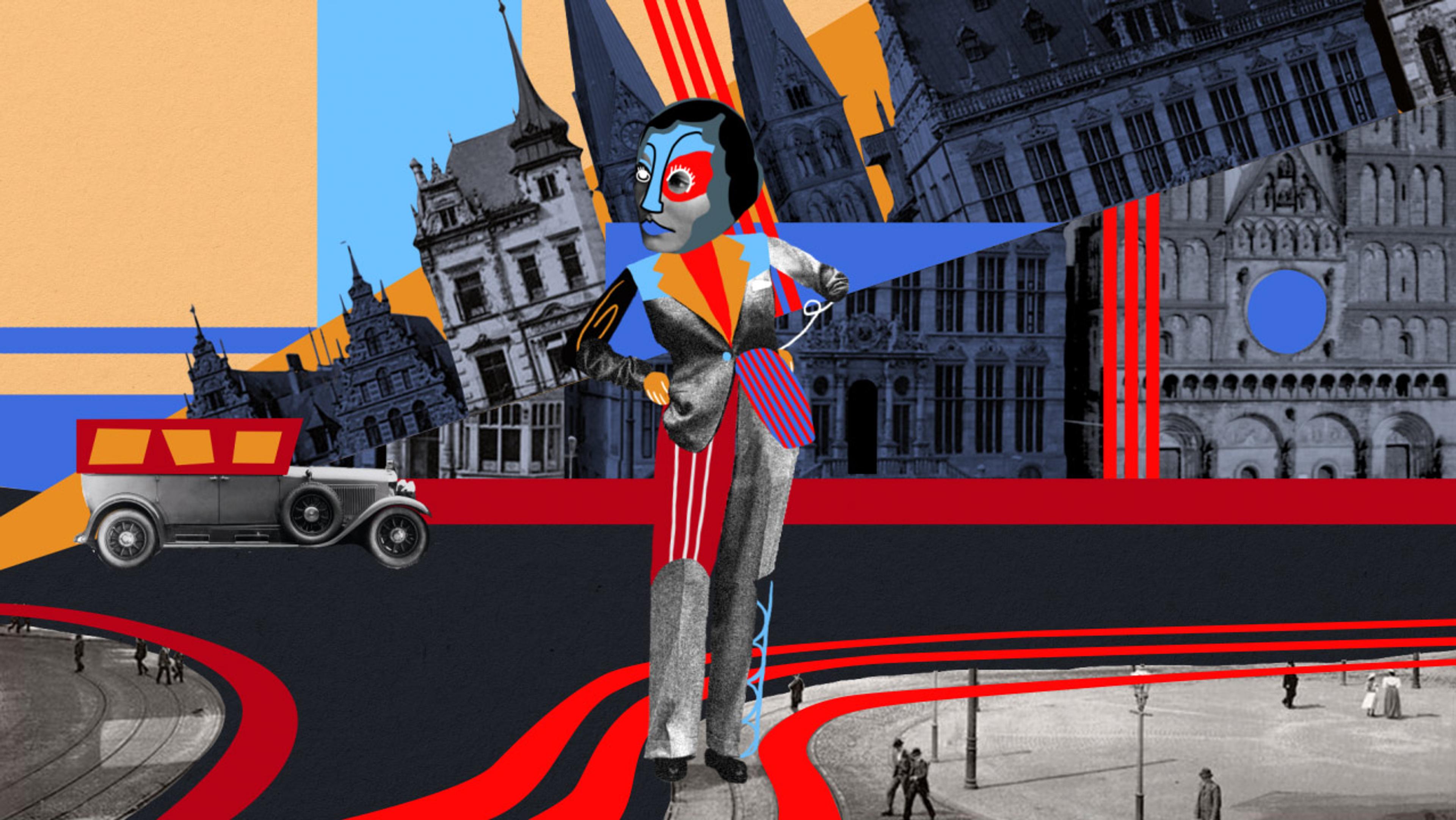
videoHistory of ideas
Splitting the truth: the philosopher that physics forgot
4 minutes
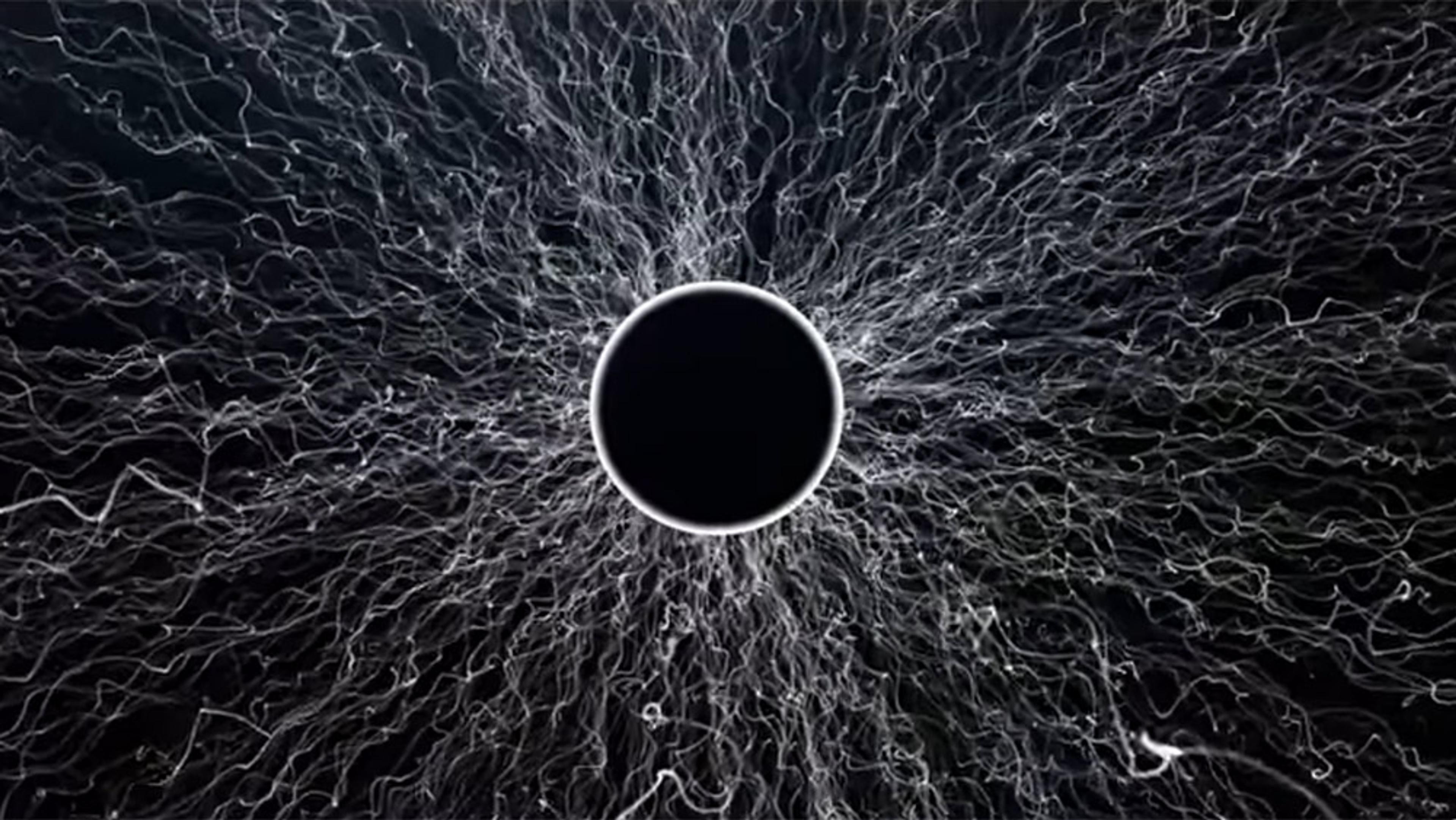
videoCosmology
Deep time and beyond: the great nothingness at the end of the Universe
29 minutes
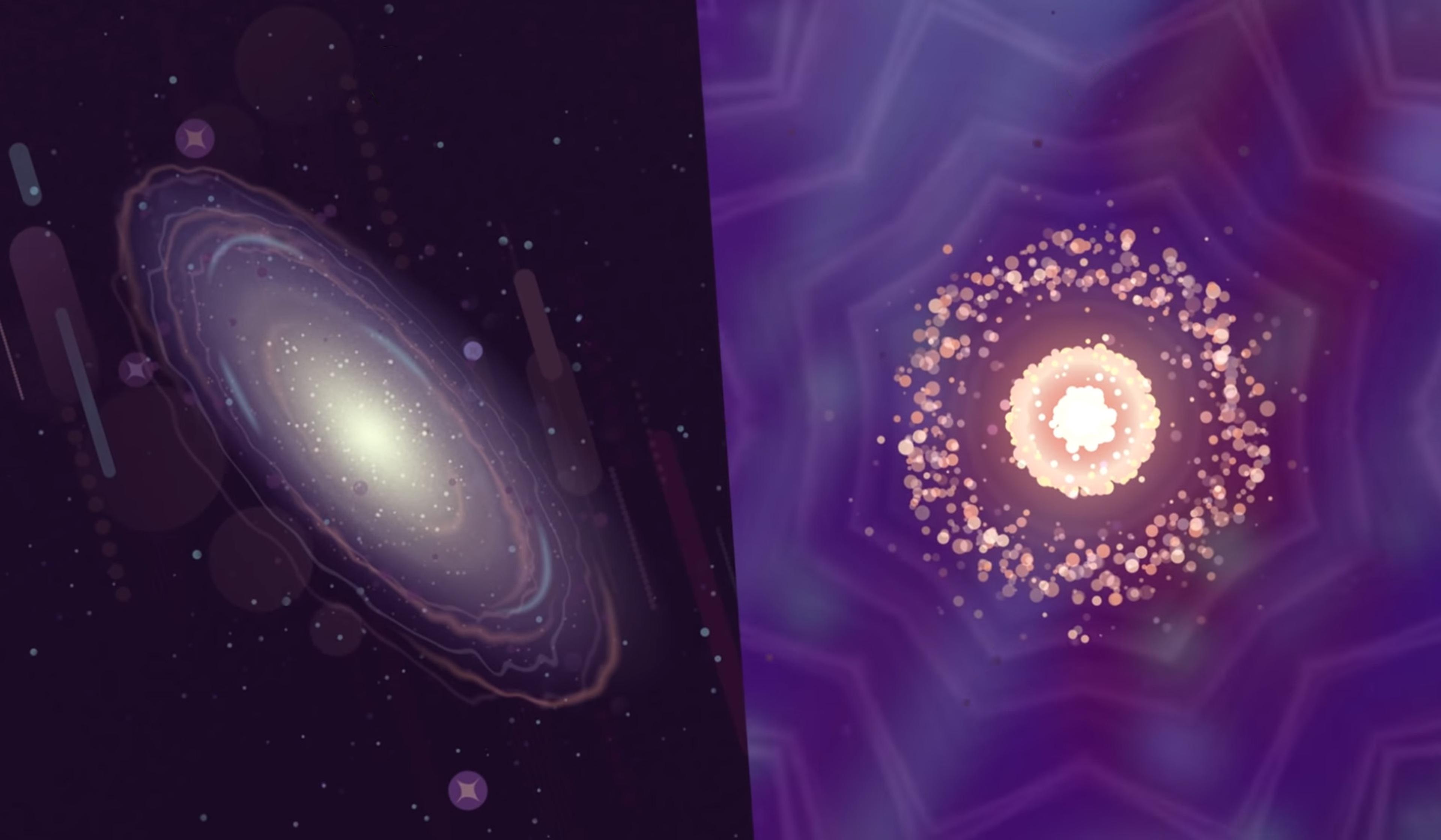
videoPhysics
There’s a striking link between quantum and astronomic scales. What could it mean?
5 minutes


